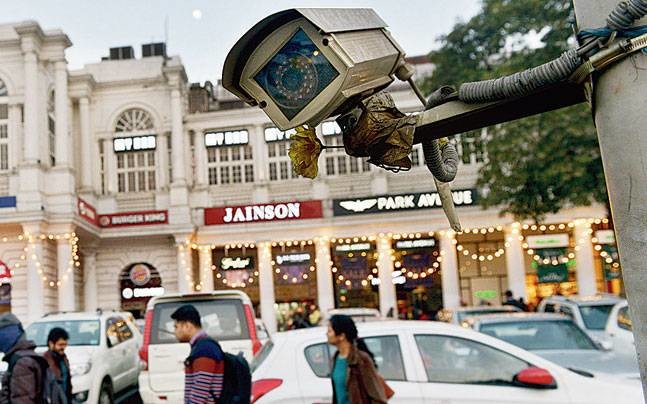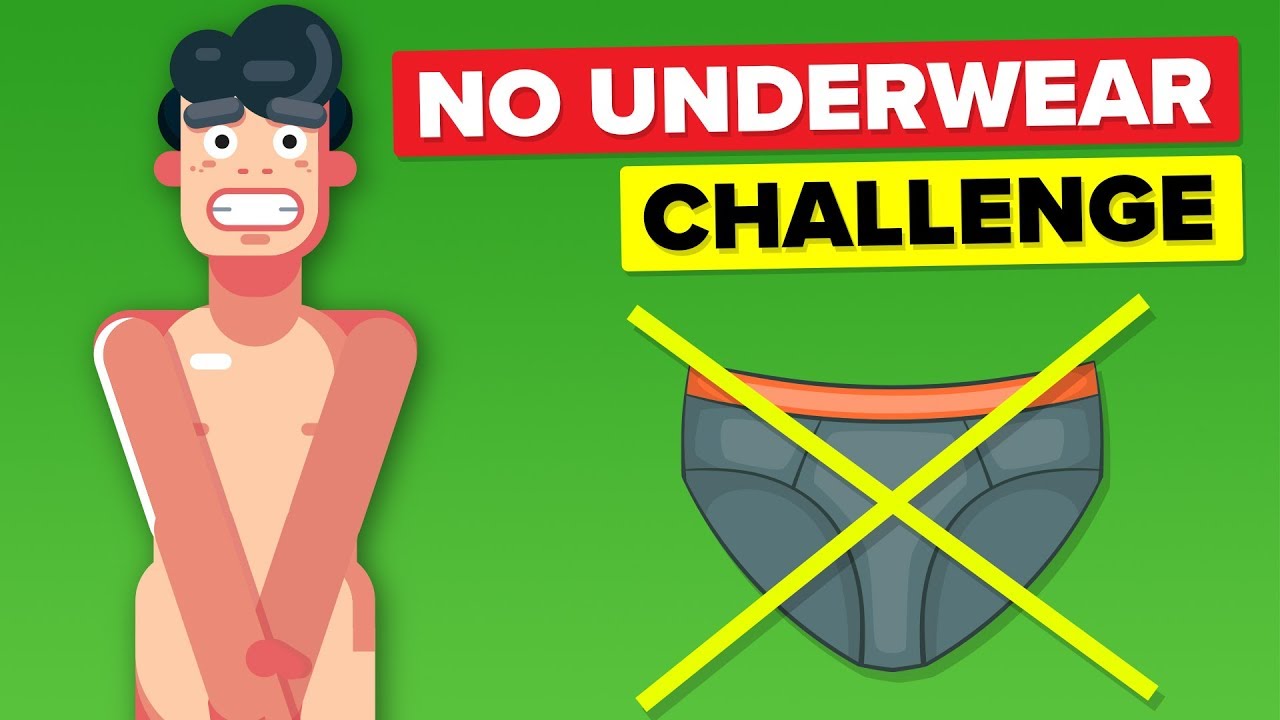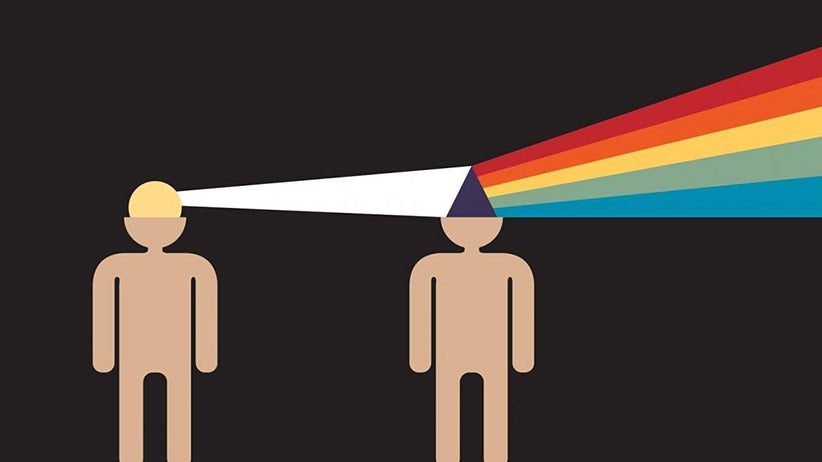3 min to read
Social Credit System – The Futuristic Way Of Living
Social Credit System (SCS) to rate the trustworthiness of citizens - is it justified?

We are living in a world where many of our daily activities are constantly monitored: what we buy at the shops and online; where we are at any given time; who our friends are and how we interact with them; what kind of videos we watch and how long; what bills and taxes we pay (or not); etc, thanks to all the data-collecting behemoths like Google, Facebook, Amazon, Instagram or health-tracking apps such as Fitbit, Apple Watch, etc.
This monitoring happens for a purpose - to understand us and our behavior as a customer. At present, this behavior monitoring and analysis is restricted to individual companies, but imagine if all the data is being owned by a powerful and central authority like government who uses this data to control everything we do and decides our future. People with low credibility or poor behavior to have slower internet speeds, and restricted access to restaurants, nightclubs. Behavior of the person decides whether he will be hired by certain employers (or not), or is he eligible for obtaining jobs that require highest trust such as civil service, journalism and legal. A Social Credit System that allows the trustworthy to roam everywhere under heaven while making it hard for the discredited to take even a single step.
For good, the Social Credit System will bring “one way” to believe and act. People will know what to expect now. No more of that political correctness. Trust will be back in society creating a culture of sincerity: sincerity in government, sincerity in business, judicial credibility as well as sincerity in social interactions now. The system not only investigate behavior - it will shape it. It will train citizens to stay away from purchases and behaviours the government doesn’t like. Once they get used to it, people will be a lot more secure and hence, happy. They’ll love it.
For bad, too much privacy be eroded. Our every action will be guided, what we speak and do. Life will become a real-life version of popular TV contest, Big Brother. The bigger worry is - who’s going to decide which way the system goes. With such a system we may evolve technically, improve our societies economically, however the real questions about the future of trust is ethical. If we are not vigilant, distributed trust could become networked shaming process used for bullying people.
If you are thinking it only happens in TV serials, no this is happening in real. It’s already getting underway in China, where the government is developing a system to rate the trustworthiness of its 1.3 billion citizens.
The Chinese government is pitching the system as a desirable way to measure and enhance “trust” nationwide and to build a culture of “sincerity”. The new system reflects a cunning paradigm shift. As we’ve noted, instead of trying to enforce stability or conformity with a big stick and a good dose of top-down fear, the government is attempting to make obedience feel like gaming. It is a method of social control dressed up in some points-reward system where there will be only one rule or the overriding principle: “If trust is broken in one place, restrictions are imposed everywhere”. It’s gamified obedience.
The big question is what do you think of this? Are you in for gamified obedience? Are you in for a Social Credit System?




Comments